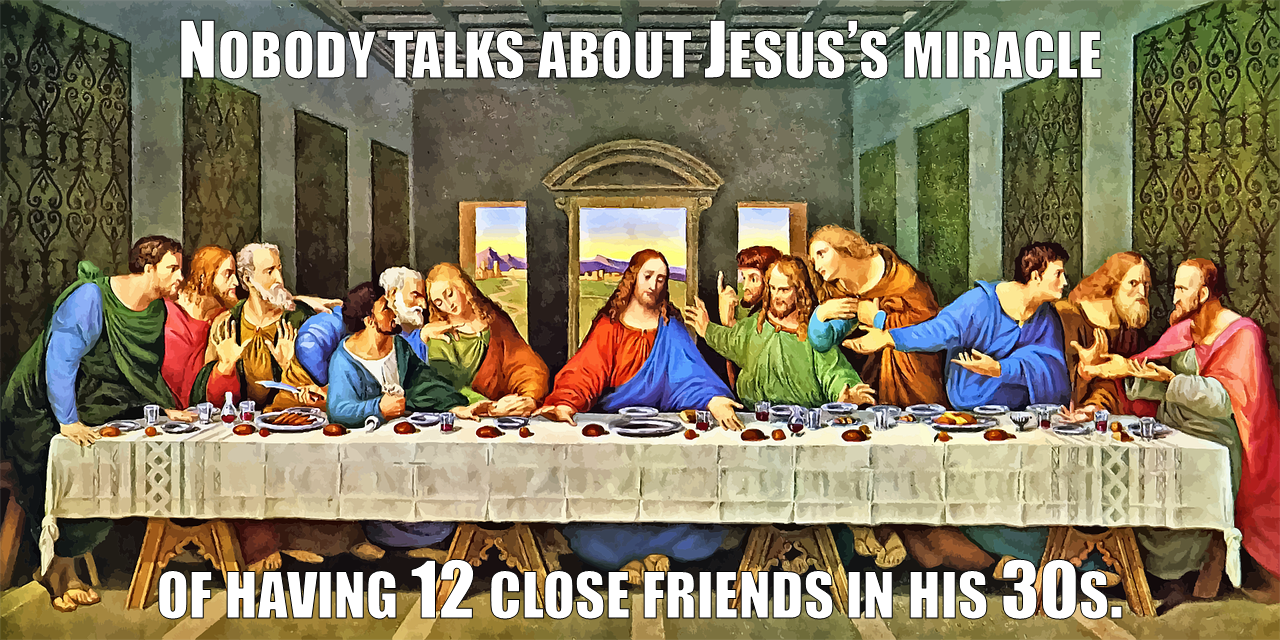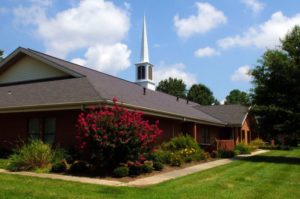Janey’s recent post “Should We Make Life Easier or Harder? at W&T got me to thinking about a little story bordering on aphorism that I recall hearing a number of times as a kid and a teen in the 1980s. General Sunday School President Mark L. Pace recently told a version of it:

President Pace particularly emphasized the importance of every member learning the gospel for themselves. He shared what he’s learned from watching baby chicks hatch during the years he’s spent raising chickens.
Hatching isn’t a simple process, he said. It sometimes takes 12 to 18 hours, with the baby chick resting between bouts of pecking the eggshell. And on a few occasions, out of concern for the bird’s life, he’s peeled away the eggshell for the baby chick.
“All I can tell you is that every time I have endeavored to do it for them, instead of them doing it for themselves, they die,” President Pace said. “They make it out, they may live for several hours. But there is something about the physical process of them coming out of the egg on their own that gives them the strength to stand up and walk and adjust to life outside the egg.”
Similarly, people must spiritually “hatch” for themselves, he said.
Even aside from his explicit analogy to spiritual development, I think the story gives a clear message that we need to worry more about being too soft than too hard. It’s better to err on the side of letting people suffer too much than on the side of coddling them too much. (Along similar lines, I remember a Seventy including the idea “Hard Is Good” in his Conference talk title a few years ago.)
What I find most striking about the story is that I hadn’t thought about it in decades probably before Janey’s post brought it back to mind, but it’s an idea that seemed so utterly logical when it was presented to me at the time that I just accepted it uncritically.








